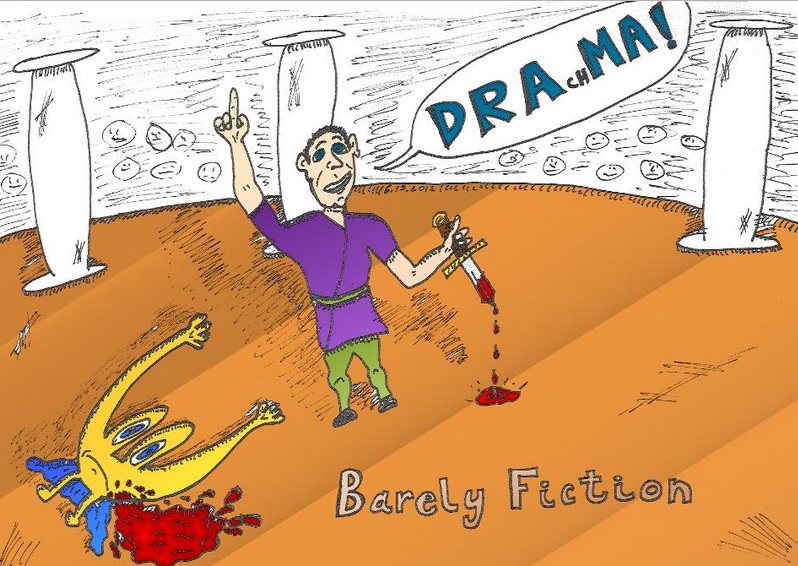George Friedman writes: The Greek crisis is moving toward a climax. The issue is actually quite simple. The Greek government owes a great deal of money to European institutions and the International Monetary Fund. It has accumulated this debt over time, but it has become increasingly difficult for Greece to meet its payments. If Greece doesn’t meet these payments, the IMF and European institutions have said they will not extend any more loans to Greece. Greece must make a calculation. If it pays the loans on time and receives additional funding, will it be better off than not paying the loans and being cut off from more?
A strategy inspired by Budapest would have the Greeks print drachmas and announce (not offer) that the debt would be repaid in that currency. The euro could still circulate in Greece and be legal tender, but the government would pay its debts in drachmas.
In considering this and other scenarios, the pervading question is whether Greece leaves or stays in the eurozone. But before that, there are still two fundamental questions. First, in or out of the euro, how does Greece pay its debts currently without engendering social chaos? The second and far more important question is how does Greece revive its economy? Lurching from debt payment to debt payment, from German and IMF threats to German and IMF threats is amusing from a distance. It does not, however, address the real issue: Greece, and other countries, cannot exist as normal, coherent states under these circumstances, and in European history, long-term economic dysfunction tends to lead to political extremism and instability. The euro question may be interesting, but the deeper economic question is of profound importance to both the debtor and creditors. Repaying the Greek Debt

